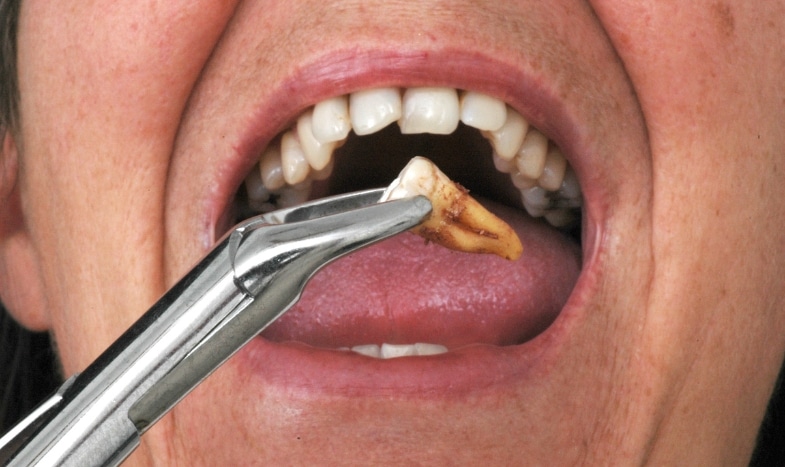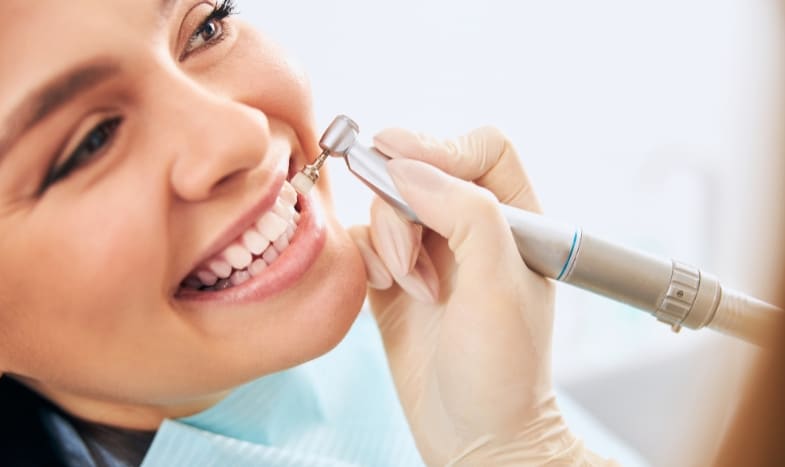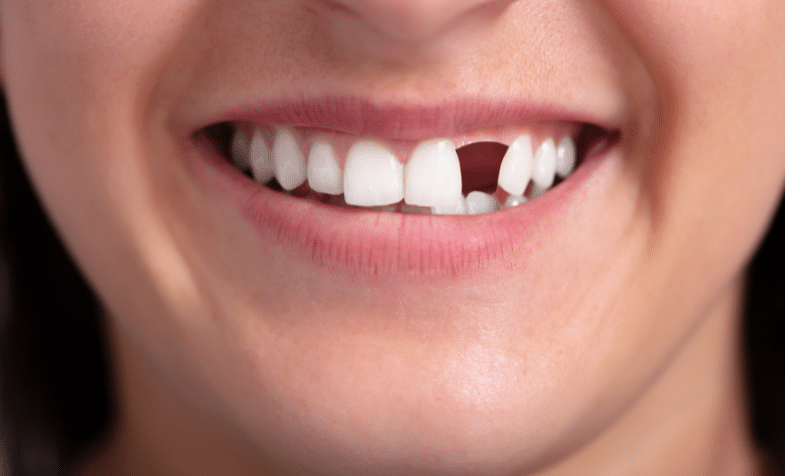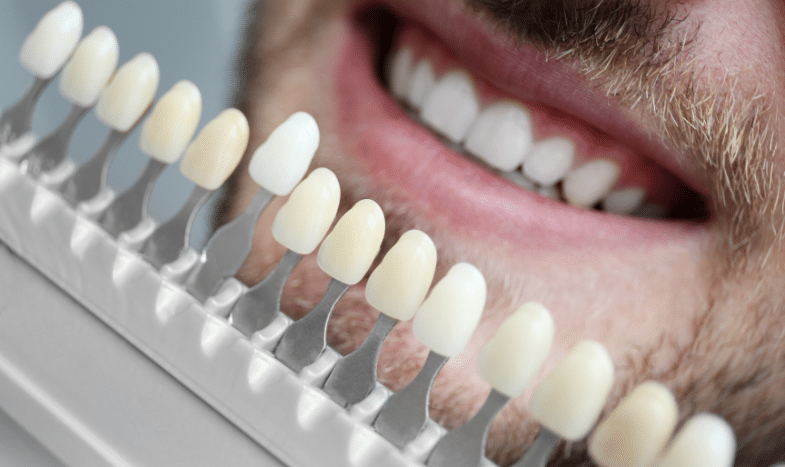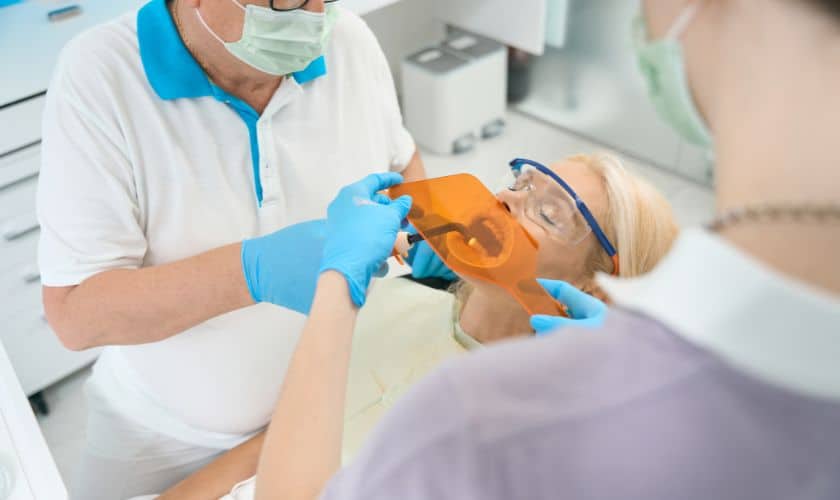
Why Should You Get A Dental Sealant?
As the importance of oral health becomes more prominent, it is increasingly important for individuals to understand why preventative dental procedures are so vital. One such procedure that can help protect teeth from decay is a dental sealant. But what exactly is a dental sealant, and why should you consider getting one? In this article, we dive into what makes a dental sealant unique and provide insight as to why you should get one. Additionally, we’ll discuss Sedation dentistry and how it can be used during the process.
What Is A Dental Sealant?
A dental sealant is an extremely thin coating of plastic material that is applied to the teeth. The sealant acts as a physical barrier, preventing bacteria from entering and settling into the tooth enamel and causing decay. Sealants are most often used on the molars and premolars due to their deep grooves which can be difficult for regular brushing to reach.
Benefits Of A Dental Sealant
There are many benefits associated with getting a dental sealant. One of the primary advantages is that it offers an extra layer of protection against cavities, plaque buildup, and other oral health issues such as gum disease. Dental sealants also provide relief from sensitivity caused by acidic foods or drinks that can damage exposed tooth roots when consumed in excess. Additionally, they make it easier to maintain a sparkling white smile by preventing staining and discoloration.
Sedation Dentistry And Dental Sealants
Sedation dentistry can also be used in conjunction with dental sealants to help reduce the anxiety associated with the procedure. Sedation dentists specialize in providing safe and comfortable treatments that can help make visiting the dentist easier for those who are especially anxious or have difficulty sitting still for long periods of time. Sedatives are administered either orally, intravenously, or through inhalation and work by helping you relax so that your visit goes smoothly.
The Bottom Line
Dental sealants provide an additional layer of protection against tooth decay and other oral health issues while also making it easier to keep your teeth clean and white. Sedation dentistry is available for those who are anxious about the procedure and can help ensure a safe and comfortable visit.
The average lifespan of a dental sealant is around 10 years, though it may need to be replaced sooner depending on how well you take care of your teeth and the condition of your enamel.
Yes, dental sealants are considered to be very safe and non-toxic. However, it’s important to use a qualified professional for the application, as incorrect sealing can lead to problems down the line.
Sedatives can be administered either orally, intravenously, or through inhalation. Sedation dentists are trained to carefully monitor the patient throughout the procedure and ensure that they remain as comfortable as possible.

